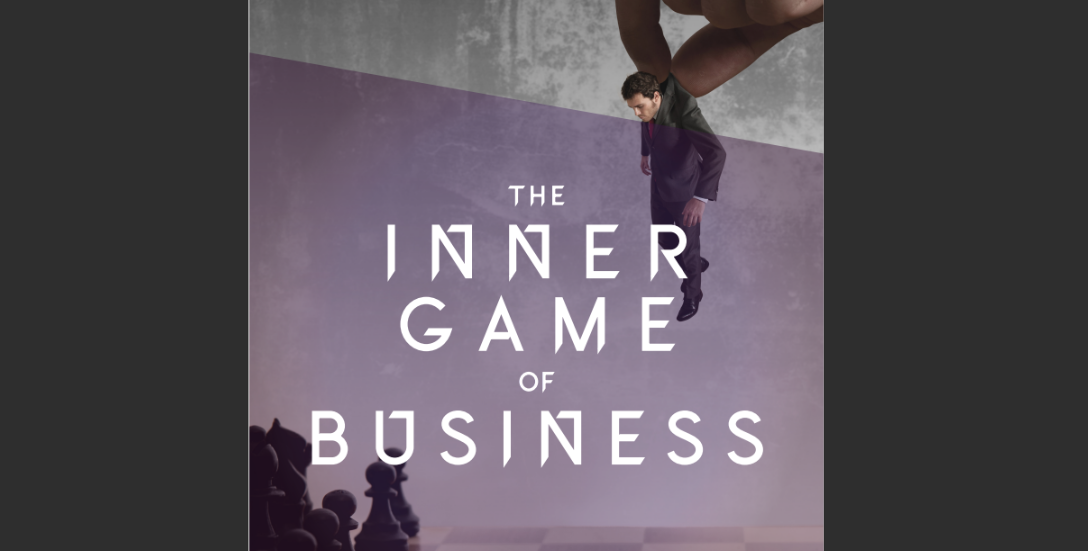Conclusion
After watching the Earth “rise” over the horizon of the Moon, NASA astronaut Edgar Mitchell, one of twelve people who have walked on the surface of the Moon, later captured the emotion of that awe-inspiring moment when he said, “We went to the Moon as technicians. We returned as humanitarians.” In many ways the same can be said for entrepreneurs.
We enter the game of business as conquerors. We want to conquer markets, amass wealth, and beat our competition as if all of this is a zero-sum game of accumulation. It’s not. The lucky ones gain the wisdom of Edgar Mitchell. While we might not walk on the Moon, we mature as we progress on our professional business journey.
We progress from an early “me” focus where it’s all about us just trying to survive, meet payrolls, or pay our mortgage. When a customer doesn’t pay us, or they tell us they’re not happy with our work we take it personally. Whether things go right or wrong we feel them personally, emotionally, viscerally.
Then we move to a “we” focus where we grow beyond our own needs and consider those of the team we’ve surrounded ourselves with. We build close, mutually supportive relationships with the people who will help us “climb our mountain.”
Finally, we mature to a “them” focus where we’re able to give back to the communities that have supported us on our journey, however we define those communities, even if it’s just a community of two. This is when we frequently derive a deeper sense of purpose in the work we do and the lives we’ve touched along the way. And we do this all in the course of our relatively short professional career.
Make no mistake, growing a business is hard, risky work, and it’s not for everybody. It requires a lot of work and sacrifice on the part of the founder and the people involved in running it. Sustaining growth and then having something of value to either sell outright or pass along to progeny or to the people who helped build it is more difficult still. Building something of value that goes beyond the numbers, something that we can look back on with pride and satisfaction because of the impact it has had on the people and the communities it has served, and especially on the personal growth and sense of fulfillment is has provided to us and the lives we’ve touched, is where the real joy comes in.
None of this discussion about The Inner Game of Business is intended to diminish the critical role that sound management principles play in growing a successful business. Strong financial controls, operating efficiencies, mastery of digital and technological advancements, and strategic thinking are all critical to the continued success of a company.
I also don’t want to imply that if we don’t apply the principles I’ve discussed, or if we’re completely unaware that they even exist, we can’t grow a successful company. Of course we can. People do it all the time. It’s just that when we apply these principles business becomes a little easier, a little less painful, and a lot more rewarding.
I am not a psychologist, a scientist, or an academic. I am simply an observer; someone who has occupied a very privileged seat at the table of a lot of small businesses over a long career. While I’ve been able to observe much from this seat, I still struggle with just how observant I’ve really been. Have the things I’ve discerned been accurate and true? Have I connected the right dots in the right order? The dots I’ve connected seem to have worked, so I believe I have.
Some time ago, I was at an event with a colleague when we found ourselves waiting to cross the street at a traffic intersection. As we watched luxury car after even more luxurious car pass us, driven by seemingly wealthy retired guys, he jokingly asked “Where did I go wrong?” We looked at each other, chuckled, and both agreed that he hadn’t gone wrong at all. He was doing very well financially, had a beautiful home, a loving wife of several decades, and they had successfully raised a family of very accomplished children. We both recognized that financial wealth is only one of many measuring sticks of success and one that only some people choose to use to measure their accomplishments. While he may not have known it while he was busy climbing the corporate ladder in his previous career, he had played “the inner game” very well.
This much I’ve learned: even the smallest business is about much more than the activities we busy ourselves with throughout the days that make up our career. It’s also about much more than the sum of all those activities.
When we allow ourselves to step into the flow of this “inner game”—or whatever name we choose to give it—business is much easier and more fulfilling. And, just as Edgar Mitchell and his fellow astronauts did, we might discover a humanitarian that resides within each of us.



